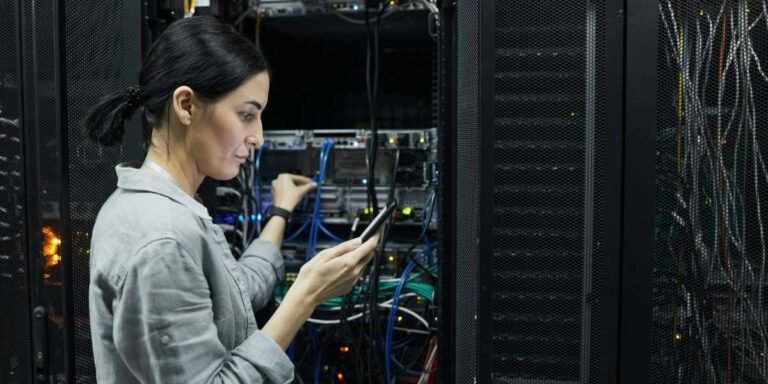The idea of flying cars has long captured the imagination of people around the world, fueled by futuristic visions depicted in science fiction movies and novels. While flying cars may still seem like something out of a sci-fi fantasy, advancements in technology are bringing us closer to turning this once far-fetched idea into a reality. In this article, we’ll explore the current state of flying car technology, the challenges and opportunities it presents, and the potential implications for the future of transportation.
The Current State of Flying Car Technology
While flying cars may not yet be a common sight in our skies, significant progress has been made in recent years toward making them a reality. Several companies and startups are actively developing and testing prototypes of flying cars, with the goal of creating a new mode of transportation that combines the convenience of cars with the freedom of flight. These flying car prototypes range from small, electric-powered aircraft to more advanced vertical takeoff and landing (VTOL) vehicles capable of transitioning between air and ground modes.
Challenges and Opportunities
Despite the progress made in flying car technology, several challenges remain to be addressed before they can become a practical and widely adopted form of transportation. These challenges include safety concerns, regulatory hurdles, infrastructure requirements, and public acceptance. Safety is a primary concern, as flying cars will need to meet stringent safety standards and regulations to ensure they can operate safely in crowded urban environments. Regulatory approval is another significant hurdle, as existing aviation regulations may need to be updated or amended to accommodate the unique capabilities and characteristics of flying cars.
However, flying cars also present significant opportunities to revolutionize the way we travel and commute. They could help alleviate traffic congestion in densely populated cities, reduce commute times, and provide greater flexibility and mobility for individuals and businesses. Flying cars could also open up new possibilities for emergency response, disaster relief, and transportation in remote or hard-to-reach areas. Additionally, advances in electric propulsion and autonomous technology could make flying cars more energy-efficient, environmentally friendly, and accessible to a broader range of users.
Implications for the Future
The widespread adoption of flying cars could have far-reaching implications for the future of transportation and urban development. As flying cars become more commonplace, they could reshape the way we design and plan cities, with the potential for vertical takeoff and landing pads to be integrated into existing infrastructure or built into new developments. Flying cars could also impact other modes of transportation, such as public transit, ride-sharing services, and delivery drones, as they compete for airspace and passengers.
In addition to transforming urban mobility, flying cars could also have broader societal and economic impacts. They could create new opportunities for innovation and entrepreneurship, spurring the development of new technologies, industries, and markets. Flying cars could also create new jobs in areas such as manufacturing, maintenance, operations, and regulation. However, they could also exacerbate existing social and economic disparities if they are not accessible or affordable to all members of society.
Closer Than We Think
While flying cars may still seem like a futuristic concept, advances in technology are bringing us closer to making them a reality. While several challenges remain to be addressed, the potential benefits of flying cars are significant, from reducing traffic congestion and commute times to opening up new possibilities for emergency response and transportation in remote areas. As technology continues to evolve and regulatory frameworks adapt to accommodate new innovations, flying cars could soon become a viable and practical form of transportation, shaping the way we live, work, and move in the future.









